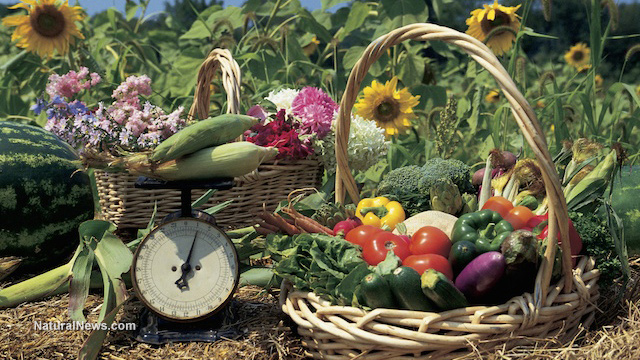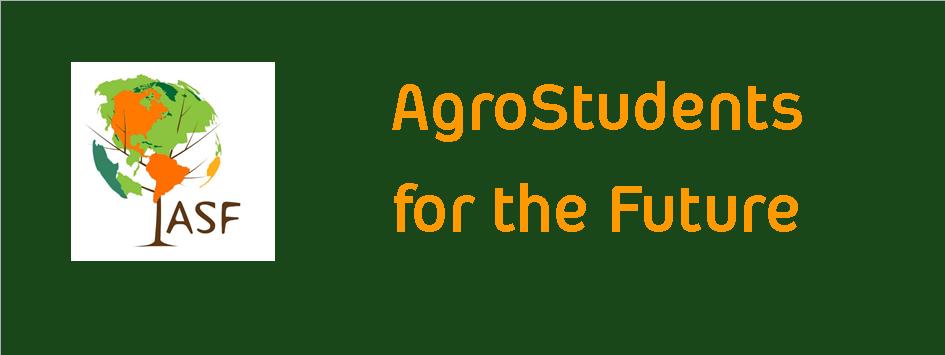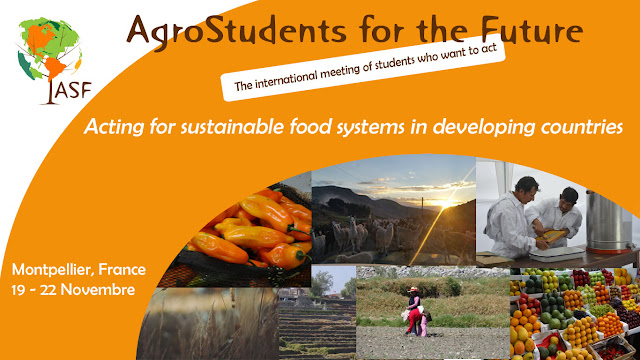Denver implements urban farming program, allowing residents to sell produce in front yard stands
What about having
all your foodstuffs only from you and your neighbors? What about a world where
organic food is cheaper and easier to get than conventional farming food? What
about connecting with the people who live around you thanks to vegetables and
jam?
This is not
an ideal world; this is the present and the future in Colorado. And it has been
possible thanks to changes in the law: people are now allowed to sell their “potentially
non-hazardous” production such as seeds, spices and honey in front yard stands!
It means
that they can buy good, homemade products for reasonable prices from their
neighbors and that they don’t have to rely on big department stores in order to
eat. But it also means that they can meet their neighbors, build something with
them, and contribute to a sharing society in which people protect the
environment and their health while connecting to each other.
Now what do
you think of this? Is it really a step forward or is it a return to our grandparent’s
days? Can Europe and America live this way, knowing that in many towns there is
not much place for personal gardens? Or are people still going to buy the most
of their food in huge department stores and once a month a bit of honey from
their neighbor? And even if there is enough demand, will the homemade food
production be sufficient?
In any
case, it is a real change and a very interesting alternative to develop! It
could make a real difference and, maybe, improve greatly our lives.

Click here to see the article

Click here to see the article
Registration
The registration will close on the 1st of November so don't hesitate anymore and participate to ASF!
ASF will be a great event and will allow you to think about the future of farming.
To register go to the registration tab and follow the instructions.
ASF will be a great event and will allow you to think about the future of farming.
To register go to the registration tab and follow the instructions.
Climate change is nowadays a reality. Lots of scientists tend to forsee what will be the consequences of it: in average temperature, in grennhouse gaz emissions, in extreme climatic events.. Despite of changing our environment it will also affect our main ressources. Agriculture and thus economy will deeply suffer from climatic changes.
In this article, the scientists want to understand what changes on the world food supplies will be generated by climate changes. If there is still doubt on how climate changes scenarios are calculated, they are still usefull to try to imagine what consequences we are going to face.
Indeed, they have tried to link climate changes- north south relationship - agricultural practices and economic consequences. They have also used climate change scenarios and possible adaptation of the agricultural systems. It seems that between developping and developped countries, there is a large disparity. They are not all vulnerable in the same way. All the more the relationships and the economic links between north and south may also increase this disparities. Despite of adaptation and the different scenarios hunger problems may became more and more common.

This raises many questions: this debate is now more than ever at stake (COP21 http://www.cop21.gouv.fr/en). But how these scenarios reflect the changes we are going to face? how adapt our food system when we are not sure of how bad north and south will be impacted? how decrease the inegalities in this system when climate changes will renforce hunger issues around the world?
The population is growing... the climate is changing... are inequalities and diversity of food system still exists.. how is it going to be tomorow ? What do you think ?
In this article, the scientists want to understand what changes on the world food supplies will be generated by climate changes. If there is still doubt on how climate changes scenarios are calculated, they are still usefull to try to imagine what consequences we are going to face.
Indeed, they have tried to link climate changes- north south relationship - agricultural practices and economic consequences. They have also used climate change scenarios and possible adaptation of the agricultural systems. It seems that between developping and developped countries, there is a large disparity. They are not all vulnerable in the same way. All the more the relationships and the economic links between north and south may also increase this disparities. Despite of adaptation and the different scenarios hunger problems may became more and more common.
This raises many questions: this debate is now more than ever at stake (COP21 http://www.cop21.gouv.fr/en). But how these scenarios reflect the changes we are going to face? how adapt our food system when we are not sure of how bad north and south will be impacted? how decrease the inegalities in this system when climate changes will renforce hunger issues around the world?
The population is growing... the climate is changing... are inequalities and diversity of food system still exists.. how is it going to be tomorow ? What do you think ?
Click here to see the article
Organic farming and environment
 Are the organic farmers the only one to care about environment?
Or have we reached a state of identical worries for every farmer in the world,
whether they are organic or not.
Are the organic farmers the only one to care about environment?
Or have we reached a state of identical worries for every farmer in the world,
whether they are organic or not.
In this article, the journalist explains that now that
the awareness of the importance of preserving the soils has been raised all around
the world, every farmer is concerned about having a reasonable sustainable
farming system. A result of this is the new trend called low-till. Low –till
agriculture means the least possible ploughing and has already resulted in less
pesticides, less fertilizers, less fuel use and less soil desertification for
the same yield. But low-till farmers are not doing organic as they continue
using herbicides such as round-up for example. Nevertheless is the system a
great improvement and has the great advantage to be easy to set up.
Have we showed that it is possible to save the planet
without doing organic? Can we save the earth and still use Monsanto round up?
Or is it just the first step in a far longer path of improvement to reach a
world of perfectly sustainable farming?
Click here to see the article
Carrefour launches nation’s first RSPO certified cooking oil
With the
recent controversy with French ecology minister Segolene Royal about Nutella
and palm Oil, we were thinking that Monoculture of Palm for Palm Oil could be a
good topic to start ASF articles and debates. This article deals with a new
Product from Indonesian Carrefour: a RSPO certified cooking oil. RSPO (Round
table of Sustainable Palm Oil) is a label that guarantees the product to be
eco-friendly and not dangerous for the environment and especially for tropical
rainforest which are destroyed to be replaced by palm monoculture. This is now
a well-known problem, and even food industry has decided to work in the way of
a more sustainable system. Nevertheless, while the deed is beyond critics, the
reasons behind this marketing strategy and the reliability of the label are
more controversial.
What is you opinion about palm oil and RSPO ?
Do you think RSPO is useless, or it's still better than nothing ? Any of you have observed the work of this organism somewhere in the world ?
Do you think palm oil is important for local population, coming with jobs, money, or instead, help a minority, and leaving to worst condition the major part of the local population ?
Please feel free to comment under the facebook post, and debate all together about this topic"
Do you think RSPO is useless, or it's still better than nothing ? Any of you have observed the work of this organism somewhere in the world ?
Do you think palm oil is important for local population, coming with jobs, money, or instead, help a minority, and leaving to worst condition the major part of the local population ?
Please feel free to comment under the facebook post, and debate all together about this topic"
Click here to see the article.
Inscription à :
Articles (Atom)


